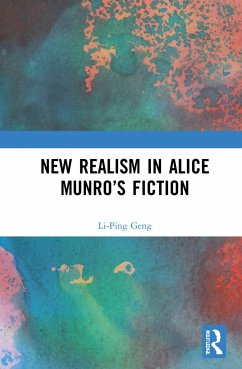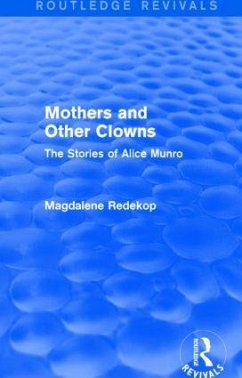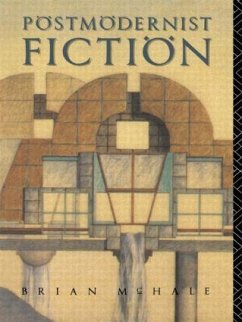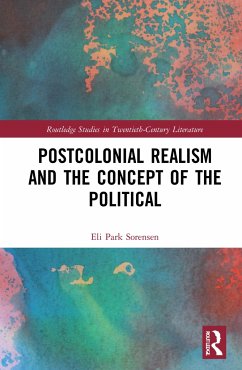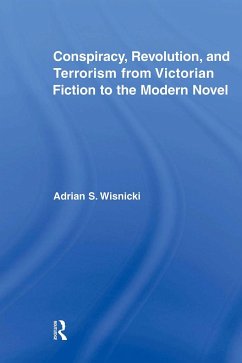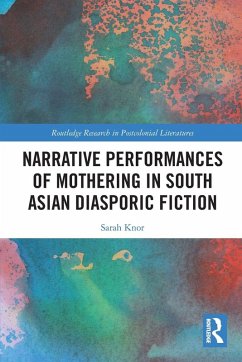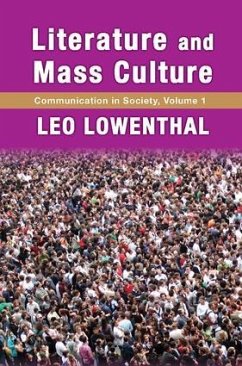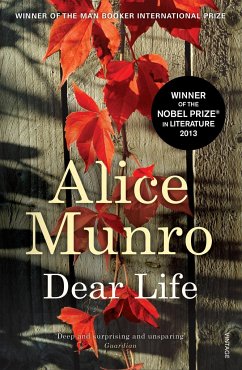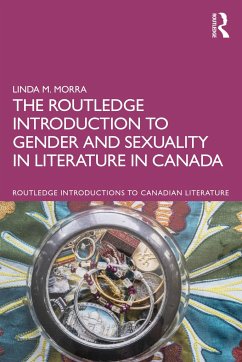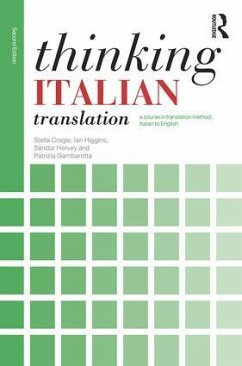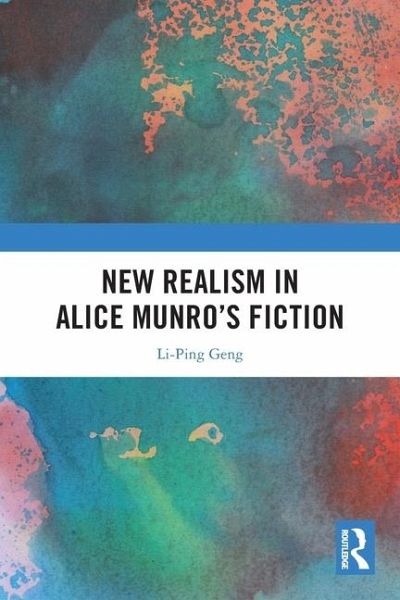
New Realism in Alice Munro's Fiction
Versandkostenfrei!
Versandfertig in 6-10 Tagen
43,99 €
inkl. MwSt.
Weitere Ausgaben:

PAYBACK Punkte
22 °P sammeln!
The book studies Alice Munro's inheritance of and contribution to realism in fiction.Nobel Prize winner Munro follows the empirical tradition of the Enlightenment and draws on her life as a daughter, wife, mother, and professional writer while composing her fiction to reflect Canadian reality. She infuses her intellectual, moral, and aesthetic vision into her stories. This study analyzes her innovative realism in three respects: Her views on feminism and women's issues, her firm yet sympathetic moral stance, and her reconstitution of traditional and modernist (post-modernist) methods of portra...
The book studies Alice Munro's inheritance of and contribution to realism in fiction.
Nobel Prize winner Munro follows the empirical tradition of the Enlightenment and draws on her life as a daughter, wife, mother, and professional writer while composing her fiction to reflect Canadian reality. She infuses her intellectual, moral, and aesthetic vision into her stories. This study analyzes her innovative realism in three respects: Her views on feminism and women's issues, her firm yet sympathetic moral stance, and her reconstitution of traditional and modernist (post-modernist) methods of portraying character in time and space. Munro's brand of realism is underpinned by her philosophical perception, her level-headed morality, her dialectical mind, and her versatile narrative style.
This monograph, a voice from China, offers a deep philosophical reading of Munro. Students of the Canadian author, graduate or undergraduate, may find this book useful.
Nobel Prize winner Munro follows the empirical tradition of the Enlightenment and draws on her life as a daughter, wife, mother, and professional writer while composing her fiction to reflect Canadian reality. She infuses her intellectual, moral, and aesthetic vision into her stories. This study analyzes her innovative realism in three respects: Her views on feminism and women's issues, her firm yet sympathetic moral stance, and her reconstitution of traditional and modernist (post-modernist) methods of portraying character in time and space. Munro's brand of realism is underpinned by her philosophical perception, her level-headed morality, her dialectical mind, and her versatile narrative style.
This monograph, a voice from China, offers a deep philosophical reading of Munro. Students of the Canadian author, graduate or undergraduate, may find this book useful.





